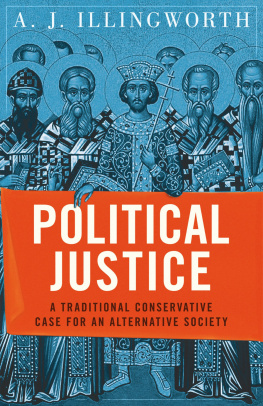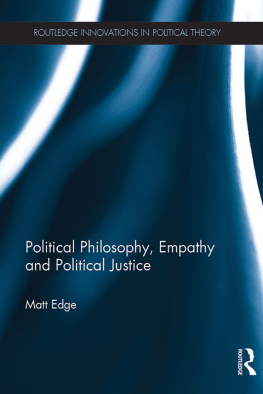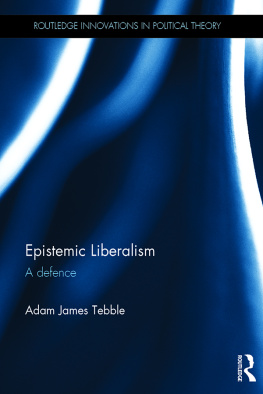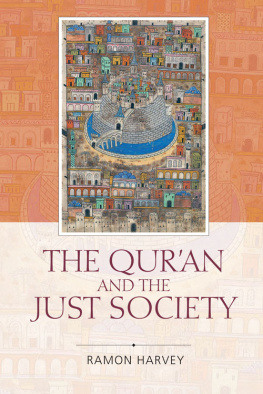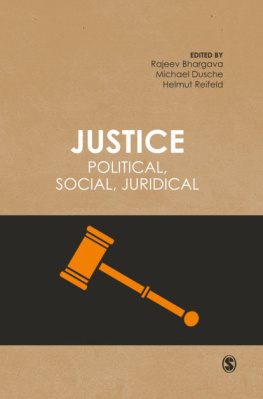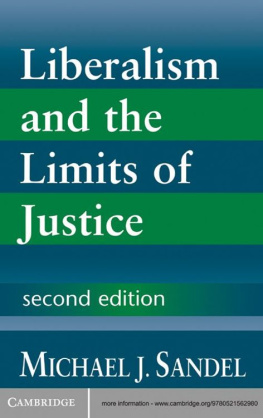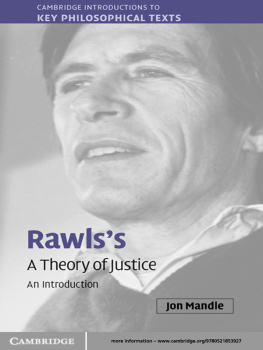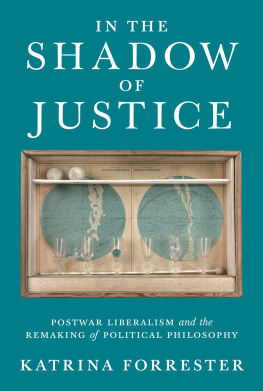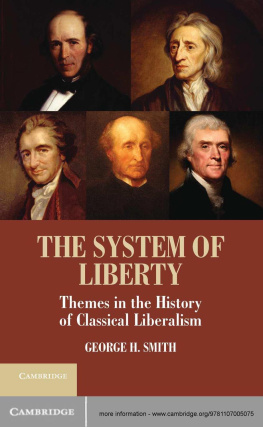Arktos
London 2018

Copyright 2018 by Arktos Media Ltd.
All rights reserved. No part of this book may be reproduced or utilised in any form or by any means (whether electronic or mechanical), including photocopying, recording or by any information storage and retrieval system, without permission in writing from the publisher.
Arktos.com | Facebook | Twitter | Instagram | Gab.ai
ISBN
978-1-910524-14-5 (Paperback)
978-1-910524-15-2 (Ebook)
Editor
Elliot Tardif
Cover and Layout
Tor Westman
What experience and history teach is thisthat people and governments never have learned anything from history, or acted on principles deduced from it.
Georg Wilhelm Friedrich Hegel
*
Preface
W illiam Godwin is known for being a man of many talents. A philosopher, journalist, novelist and political radical, he lived in an age in which many of the ideas we take for granted today were first being formulated. That age was the Enlightenment, a time marred by bloody revolution but elevated by new philosophies, insight and debate. In his seminal work of political philosophy, An Enquiry Concerning Political Justice , Godwin attacked the political institutions of Britain in his day and became father of English radicalism, which has gone on to influence anarchists and communists alike. Godwins optimism, looking forward to an age where human reason and individual morality will supersede the need for government, religion, law and private property, may seem ridiculous at first reading to many people, but it is in fact a primitive expression of what would develop into the utilitarian morality of liberalism; and it is precisely these ideas which are beginning to permeate our modern society. What is concerning for ideological conservatives, however, is that whilst the ideas of Godwin are beginning to come to fruition, the advancement in human reason and goodwill is not happening in tangent with them, as Godwin claimed. This poses several worrying problems for humankinds future.
Godwins work was first introduced to me by a university lecturer who claimed to be a revisionist Godwinian and willingly accepted the label of radical leftist. Whilst it is difficult to judge Godwin by his own time given the vast differences between his and ours, it is my opinion that it is worrying not only that Godwins ideas are being applied by the modern left in all aspects of life, including treasured academia, but also that these irrational ideas are swaying the people of the West and now existentially threaten Western identity. In the lefts ideal world, the goodness of humanity is boundless; in the real world, humanity is much more flawed. It is my contention that Jacobinism never died in European politics; it merely changed its forms over time. The culturally Marxist policies seen in the modern British Labour Party and American Democratic Party, and even in the socially liberal policies of liberals in other parties of both the political left and right, owe some debt to Godwins radical Jacobinism. It seems to me that the very substance of leftist political radicalism is a dangerous and damaging ideology which must be challenged and opposed wherever it rears its head, and thus I felt there was a justification for writing this book. This work will primarily be dedicated to analysing the principles of government and society in roughly the same order as they are presented in Godwins Political Justice , comparing them to our own modern world, identifying where traditional conservatives can offer an alternative and refuting the dangerous fantasies of the modern New Left, from the perspective of the New Right.
It goes without saying that this book is written from at least a partly biased perspective. There would be no value in seeking to refute other philosophies if the author did not hold a differing view. If I had to place myself within a particular philosophical school, then it would be right-Hegelianism, or Burkeanism. I have experienced quite enough rejection from the mainstream British right to term myself a traditionalist conservative with a small c by now. The German idealist philosopher Hegel identified History as the greatest teacher, and that it is the role of the historian to look back at the events, deeds and works of history; identify what is beneficial to modern society and what is damaging; and apply them as appropriate. Hegel himself also saw the value in the state and in the law of nations and would have disagreed with Godwin on many levels. It is perhaps ironic then that a different, more left-wing reading of Hegels ideas went on to inspire leading communists such as Engels. We might contend that it is Godwins philosophy, when read more closely, that should be credited with fatherhood of the modern political left, at least in Britain, rather than a devious and radical reading of Marxism proposed by the thinkers of the Frankfurt School and implemented following the Second World War.
I shall offer the reader a few fair warnings. Whilst I am not assuming that the reader has read Godwins Political Justice cover to cover, it goes without saying that this work, which critically examines the same issues as the other, will make some frequent references to it and its ideas. I will do my utmost to explain and dissect these points the best I can, but a vague familiarity with the political ideas of modern cultural Marxists, or at the very least with the ideas of the mainstream political left, should be made beforehand. In todays age of the Internet and Google search, this is no difficult task. Occasionally I may also reference other philosophers and political thinkers (I have after all jumped straight in with Hegel, above), but wherever this occurs, again I shall do my best to condense and explain the ideas I am referencing in as clear as way as possible. It may still be worth the readers time, however, to follow up some of these references on his own in order to fully appreciate the background to the great battle of ideas that was once widespread and arguably continues in different ways to this day. It remains my firm belief that philosophy, especially political philosophy, should be within the reach of every educated mind, and so I shall avoid unnecessary jargon and assumption wherever I can.
With that we may begin, but a final word: this book is, I hope, something a little different. It was very common in Godwins day for authors to play their ideas off against each other in print and engage in public debate via the medium of philosophical tract in the printed book. Today we have forgotten the power that ideas can serve us. Ideas and visions are what drive our political constitutions, and to become too caught up in policy is often what breeds the sort of disillusionment and apathy that many ordinary people feel in politics today. This, then, is what I commend William Godwin for the most: his work may not be the most famous of all philosophical treatises, but he had the grace and decency to offer his own ideas into the political mixer, ideas which have not fully left us and have gone some ways toward shaping our current political societies. Perhaps, then, this new work might be the start of somethinga willingness to analyse the attitudes and agendas which permeate our political system, rather than the raw actions and policies. Ideas can be dangerous, and they can be liberating. It is the role of the philosopher to devise these ideas, but it is also his role to discover the ideas of others, and even split apart those ideas which he most dislikes, for if he remains cosy and alone in the echo chamber of the people he agrees with, he will never be able to challenge his own assumptions, and indeed, he will never be able to find his conception of the truth, nor save others from being blind to the truth.
Next page
